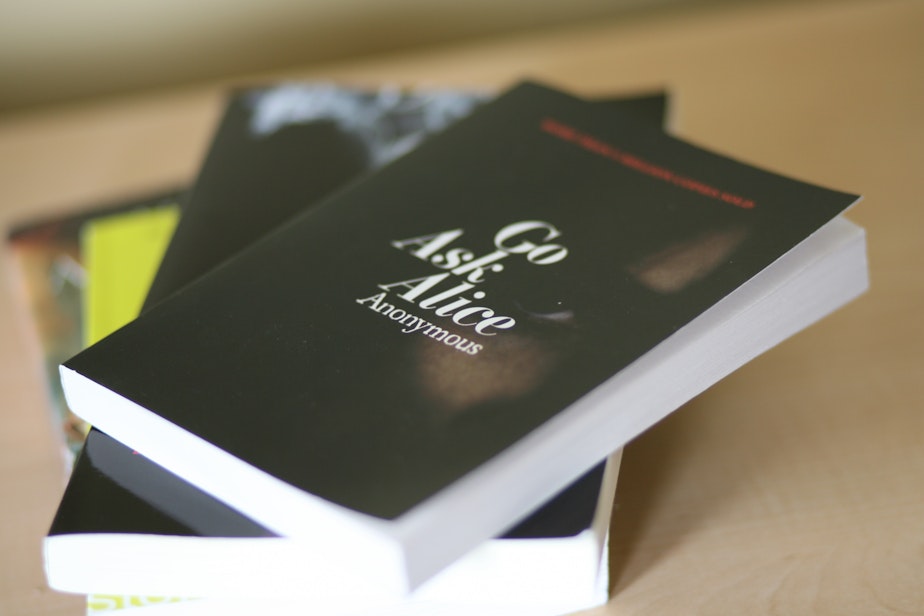The complicated story behind the 'Anonymous' author of a young adult classic

For a lot of us, there's a book from our childhood or adolescence that just sticks in our memory. There's something about the characters or the story that we can't seem to forget.
For Rick Emerson, that book was "Go Ask Alice." Published in 1971, the book follows a teenage girl who develops a substance addiction.
The book became a bestseller, selling over 5 million copies, and it's never gone out of print.
Emerson still remembers the first time he saw the book in his school library.
"I saw those eight words: 'Go Ask Alice, a real diary by Anonymous.' And I thought, 'Well, I gotta read this,'" Emerson said. "I think I checked it out twice, back to back. It really unsettled me in a deep way, which I think happened to a lot of people."
For decades, a question about "Go Ask Alice" haunted Emerson. Who was the author behind the "Anonymous" byline on the cover of the book?
Sponsored
Emerson's new book "Alice Unmasked: LSD, Satanic Panic, and the Imposter Behind the World's Most Notorious Diaries" takes a deeper look into the woman who presented herself as the editor of "Go Ask Alice," and the impacts the book had on America's understanding of drug addiction and mental illness.
Soundside guest host Zaki Hamid talked to Emerson about the complicated story behind "Go Ask Alice."
We also heard from Sydney Cheifetz, the Assistant Director of SAFE Campuses at at the nonprofit SAFE Project. Cheifetz works with young adults to support their recovery from substance use disorders. Can pieces of media like" Go Ask Alice" or the TV series "Euphoria" still be helpful for someone in recovery, even if its depiction of addiction is flawed?
And if you or someone you know is in need of help for a substance use disorder, you can call the Substance Abuse and Mental Health Services Administration hotline at 1-800-622-4377
Editor's note: This story was corrected to reflect Sydney Cheifetz position at SAFE Project.





